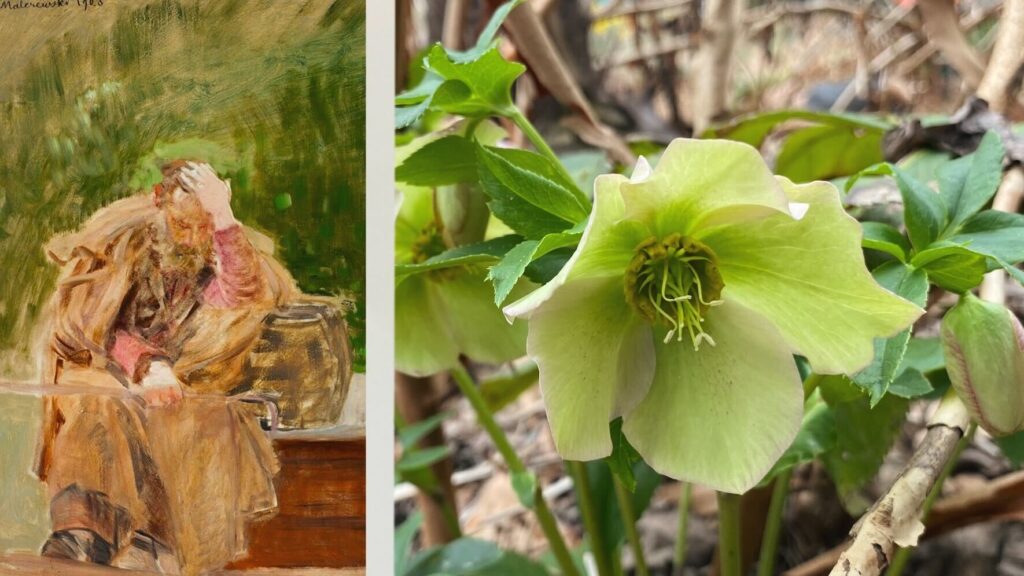CMP Review 2023-02-26

During yesterday morning’s Idyll Challenge discussion, a participant pointed our attention to the second-to-last sentence of this month’s reading:
A new Renaissance is coming upon us, of unspeakably higher import than the last; and we are bringing up our children to lead and guide, and by every means help in the progress—progress by leaps and bounds—which the world is about to make.
“I checked when this was written,” explained the participant. She noted that it was before World War I. Did Charlotte Mason’s optimism ever change, she wondered, as the devastations of the twentieth century began to unfold?
I quietly explained that Mason’s hope for the future was never based on humanity, philosophy, politics, or patriotism. It was never based on virtue, enlightenment, education, or optimism. Rather, it was always grounded in her faith in a King. At the height of the Great War she wrote:
The great Hope rising upon us out of the present distress is that an era of passionate Christianity is coming, when we shall hear the shout of a King in our midst and shall all stand at attention waiting his word of command, when we shall hasten to do his bidding.
In today’s poem, Mason writes of “an aged man”:
ah, well might he,
Athirst through all his days, lie down and die,
Parched and unsatisfied; what hope might be
That he, old man, should drink and satisfy
That craving, long consumed him?
Though others may doubt, Charlotte Mason always believed there was a hope for young and for old. “Come to Me!” shouts the King. Read or hear her poem here.
@artmiddlekauff